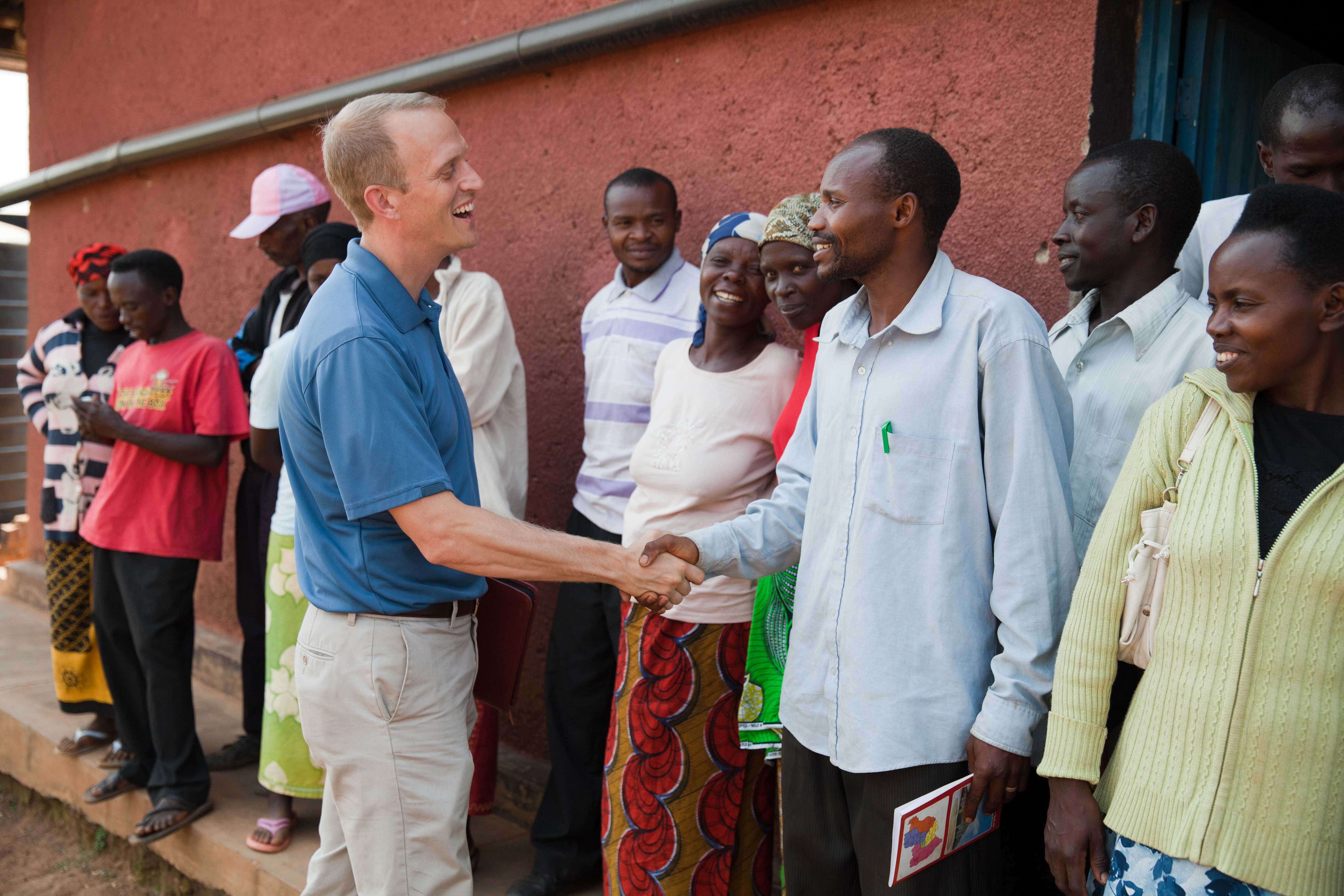by Peter Greer, President & CEO
’Tis the season for planning Christmas compassion projects. From filling shoeboxes to setting up angel trees, churches and organizations around the world are thinking about how to launch these elegantly simple ways of caring for others during the most wonderful time of the year.
There is so much that is right and beautiful about these annual giving traditions.
I love that they offer a way for whole families to practice generosity together. I love that they’re an invitation to think beyond our me-centered, consumeristic desires and recognize that there are significant material needs in the world. I love that they invite us to share some of what we’ve received. And most of all, I love how they provide a glimpse into sacrificial love and service, reminding us of the story of Jesus.
At the same time, there are shadow sides to many of these projects, particularly if they don’t extend beyond one-time charity distributions.
For those of you who might be exploring what you should participate in this year, here are three questions to ask as your church and family seek to love and care for others well by getting involved this Christmas:
1. Is it a Band-Aid?
Charity-based giving typically addresses a perceived need of the moment—a can of cranberry sauce for a Thanksgiving meal, an action figure for a Christmas stocking, a check to cover the electric bill. But ultimately, these one-time handouts fail to address the underlying issues of poverty. Food gets eaten, toys break, and there’s always a new electric bill coming. The goods that we give over the holidays will be used without a way to replenish them. We should be concerned with immediate needs, but we should be even more concerned with what happens when the tinsel is taken down and the ornaments have been carefully stowed back in the attic. Are families and communities any better off after our projects?
For a one-time initiative to have a more substantial impact, it’s critical that it be coupled with long-term efforts. Is it truly supporting a local church or organization, which will do the harder and less glamorous work of engaging in long-term relationships throughout the year?
2. Does it truly help?
Providing gifts for people in need is an important activity, and it feels good for those who are doing the giving. But on the ground, free milk donations can put the local dairy farmer out of work, undermine families by keeping parents from providing for their children, foster attitudes of entitlement, or deepen dependency on aid.
Further, if poverty, at its core, is rooted in broken relationships, then how can we ensure we’re also thinking about relational restoration and deepening long-term relationships?
3. Does it perpetuate false perceptions of poverty?
It’s easy to picture poverty as being an utter and total lack—that, without us, “poor people” would have nothing or would be unable to fix their problems. While God does call His followers to minister to and bless others, God has already given everyone something to give. It’s through recognizing the gifts God has already put in our hands and in the hands of others that we begin to understand how to eliminate poverty.
As you seek out organizations to partner with this year, my hope is that you will explore ways to ensure that your short-term gift is matched with long-term relationships and that the ultimate outcome of your charity will be to empower a family to become independent of their need for it.
Once again this Christmas, let’s find ways of celebrating the hope of Christ by showing compassion in ways that will let His Kingdom come.
This blog post was originally published at www.peterkgreer.com.
###
In the HOPE network, clients are growing closer to Christ, saving their own money, and employing their God-given skills to care for their families. Through the HOPE gift catalog, join HOPE to invest in the dreams of over 950,000 men and women worldwide!
















